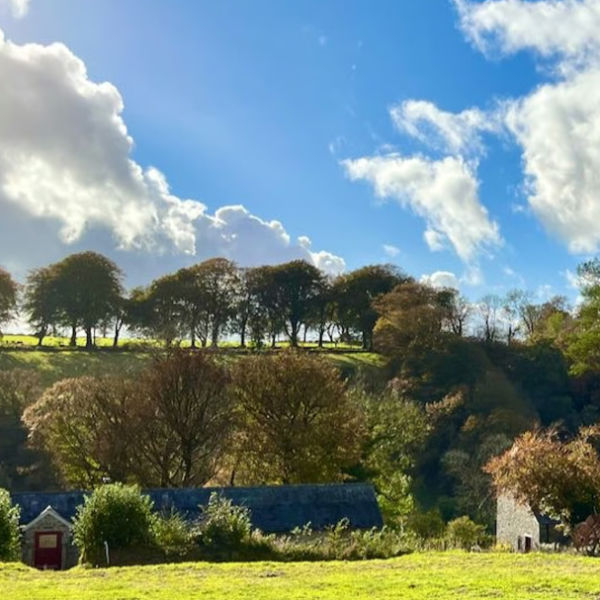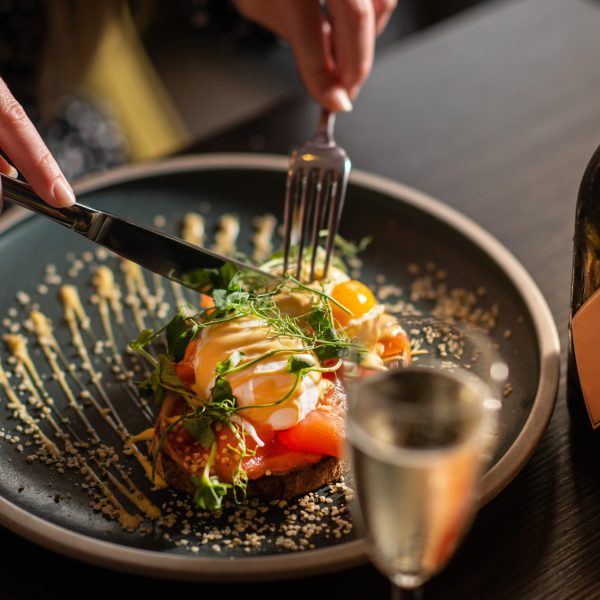Have you noticed how vegetable and fruit gardens are real centres of feast and famine? For a few weeks a year, you’re inundated with everything, from apples to zucchini (and all letters of the alphabet in between) – far more than you can use – and then… nothing.
At Dowfold House Bed & Breakfast we had a particular problem: a small orchard of mature trees, including three apple trees. Together, in a good season, we can get 400Kg of apples of various types – we know: we’ve actually weighed them. Then, occasionally, we get none at all. One late frost that nips the apple blossom, and we can be left apple-less. So, how to deal with this overwhelming cornucopia? We did all the usual things: packing the apples away (this only works for perfect fruit, as Monty Don will tell you); making as much apple compôte as your freezers can take – delicious on the breakfast table for guests; eating as many of them as you can (it’s a good job that I love apple crumble…), and so on. We even gave them away – to guests, or on a freebie roadside stall. Still, far too many simply went to waste.
Then we heard of Fruitful Durham – a local, volunteer-run, social enterprise who would take excess apples and turn them into apple juice, which sold through markets and other reseller channels. Typically handling 20 tons/year, 400Kg was easy for them, but impossible for us. They would even press our apples in discreet batches, and supply us with bottles branded with our own name. Excellent both for feeding to – and, indeed, selling to – our guests, who (almost literally) lap it up.
Of course, as a volunteer-run enterprise, part of the compact between producer and processor, was going along as volunteers to help in the pressing process – which was fascinating, and helped us meet like-minded people in the area. This went on for several years until late 2019 when through a mutually agreed transition, the pioneering charity North East Autism Society (NEAS) took over from Fruitful Durham and made it into such a success that it’s made headlines on BBC television and the regional press.
The equipment has been installed at the New Warlands Farm training centre, run by NEAS near Burnhope, and is being used in a unique project, with autistic people helping to make the charity’s own brand of pure apple juice and cider.
The initiative is giving meaningful employment to the charity’s service-users, who are also taking great pleasure in the being involved in the production process. The first bottles of apple juice came off the production line last October, and are on sale at Broom House Farm Shop, near Burnhope, and Durham Health Food Shop, at Langley Moor.
The juice can also be bought direct from New Warlands Farm by calling (0191 3713010) or emailing Programme Manager Ian Patterson at [email protected]
Cider production will begin soon and there are plans to develop the operation into a cottage industry, with 1,000 apple trees being planted at the farm. As an additional boost, world-famous artist, Mackenzie Thorpe, has donated two paintings, which are being used as the labels on the apple juice and cider bottles. All in all, quite a success story!
So, our few (few!) apples are being used, our guests like it – and we make a few pence as well – and they are contributing to a social good. What’s not to like?









